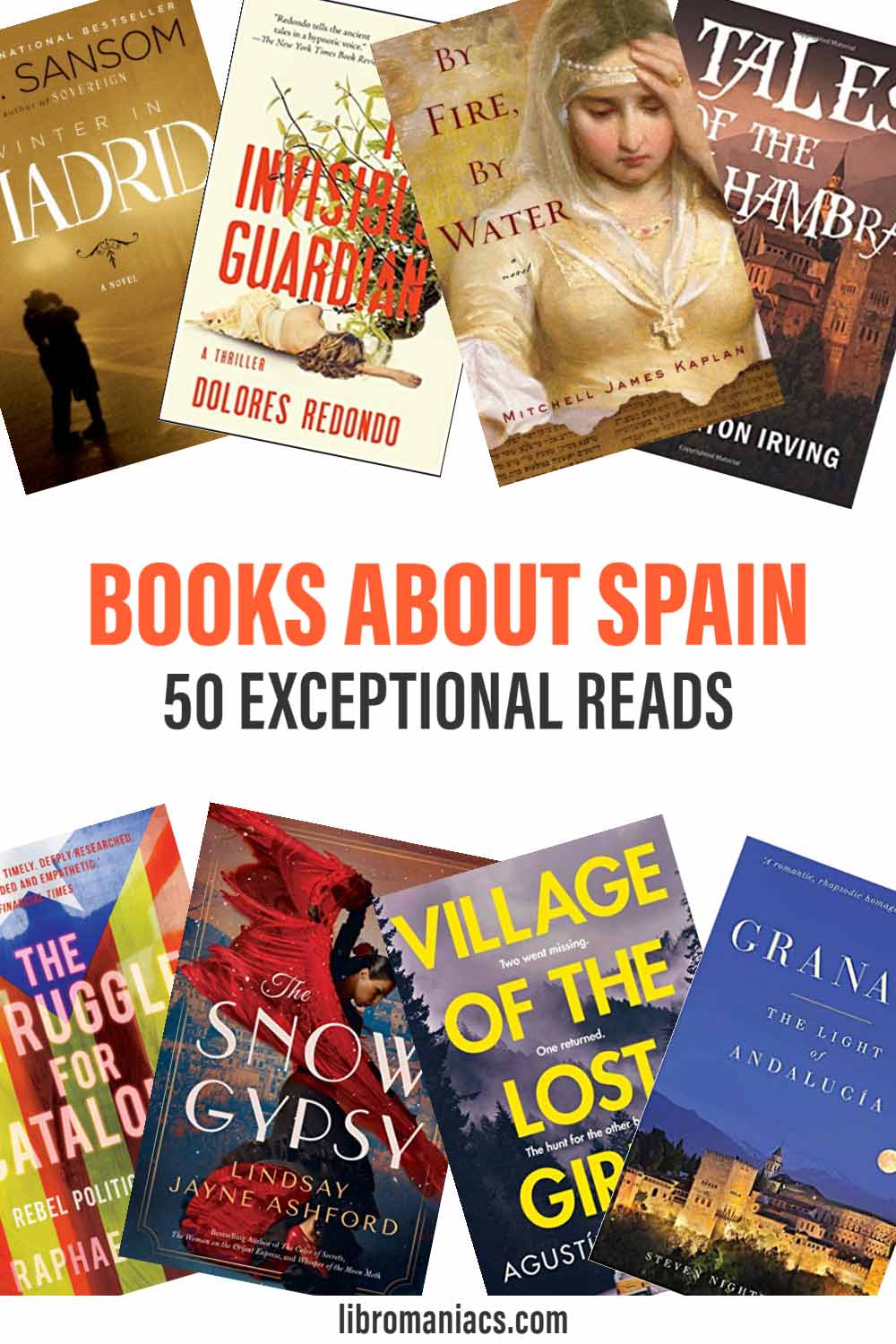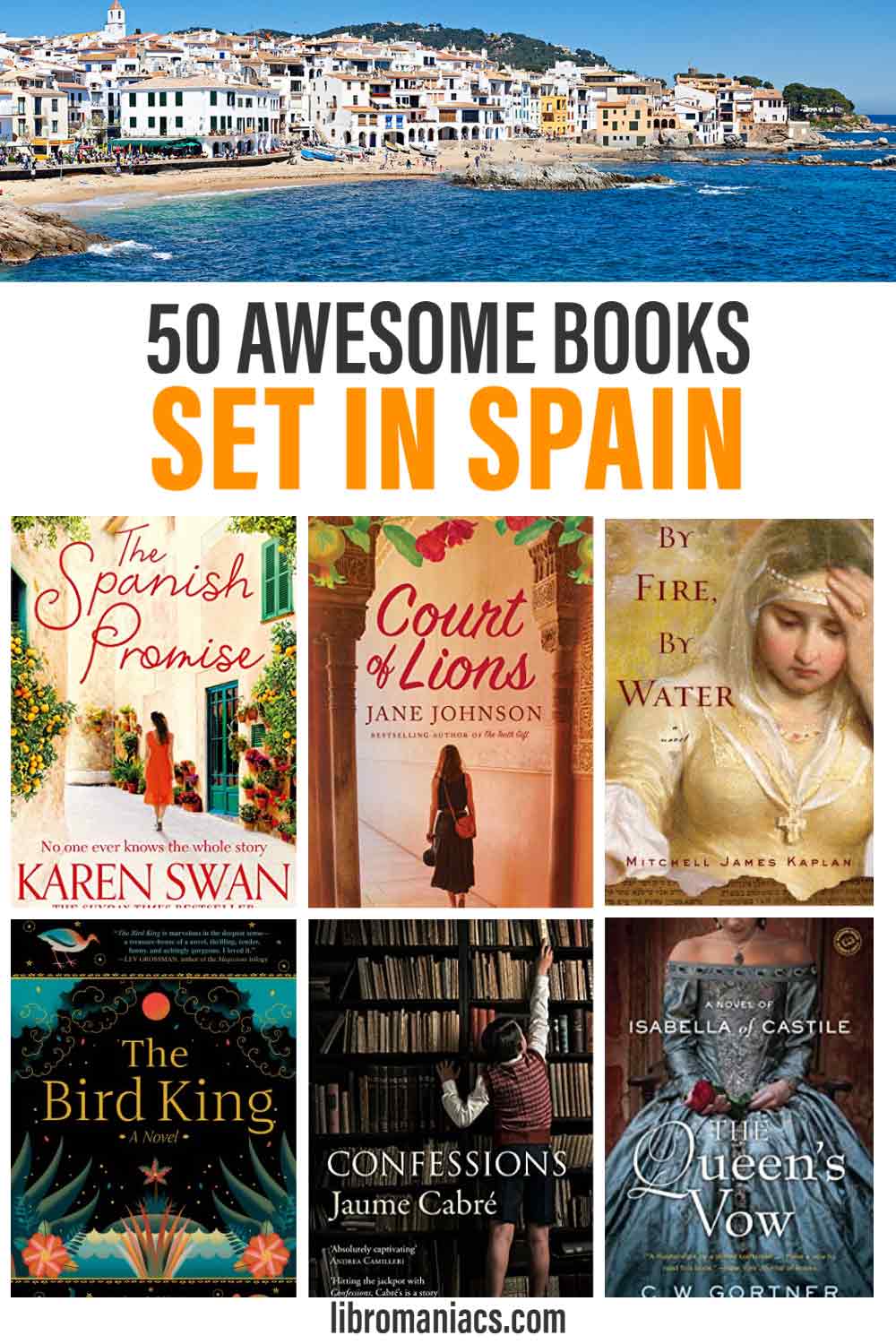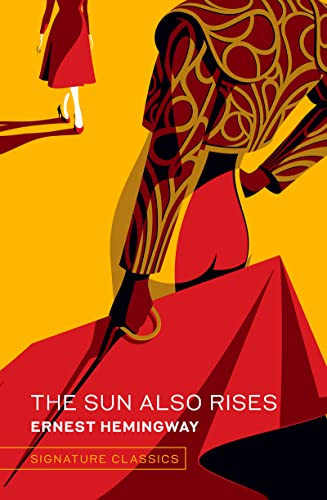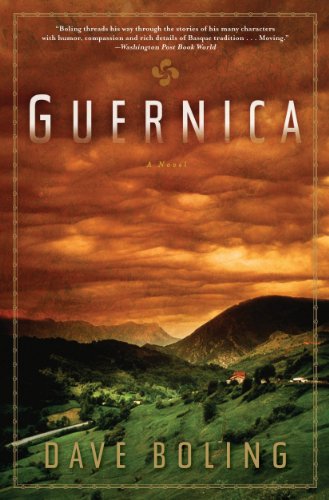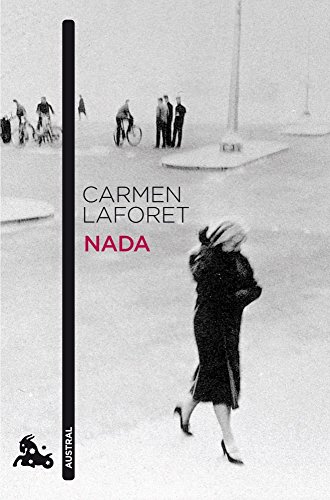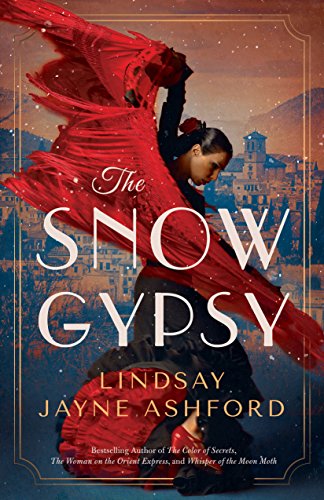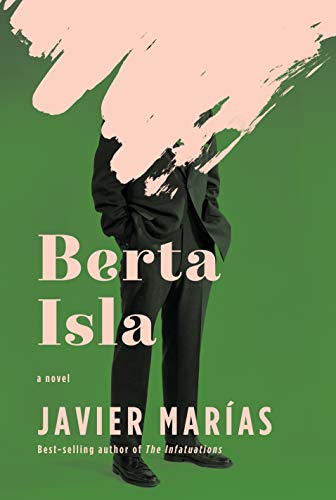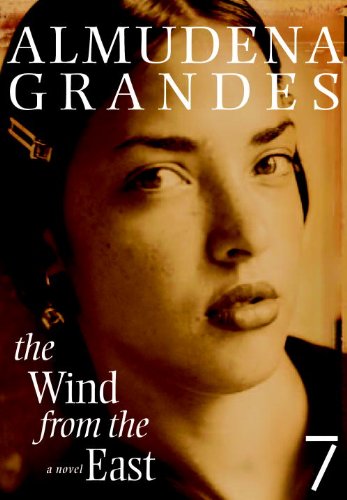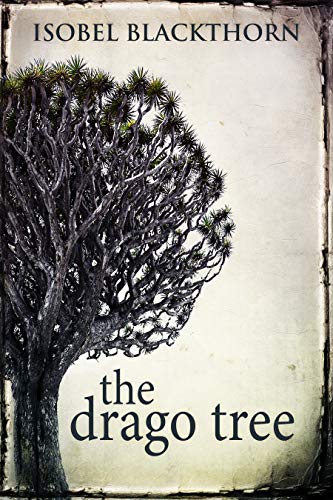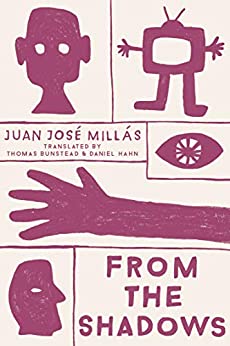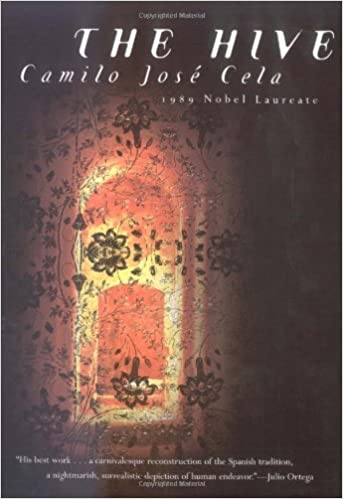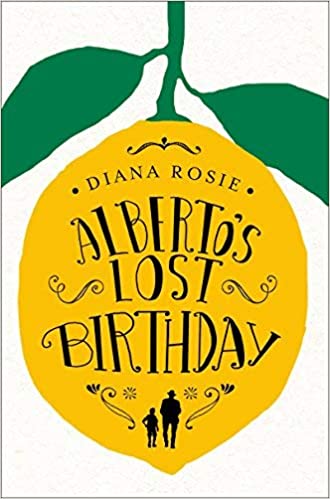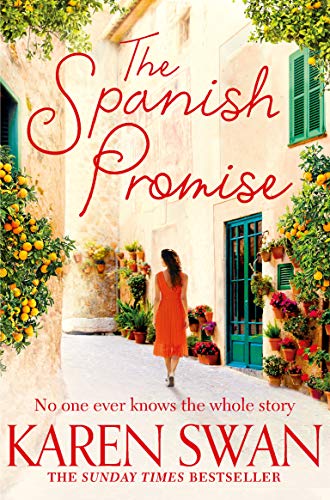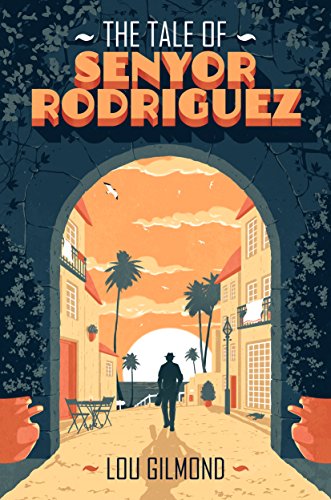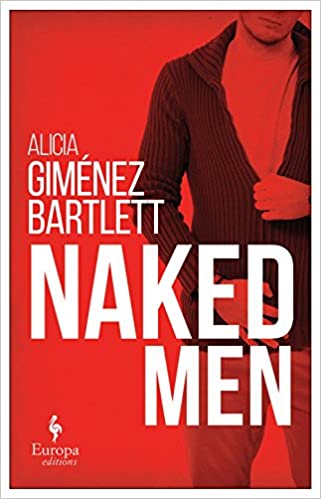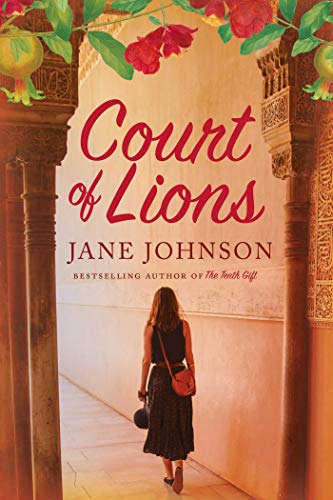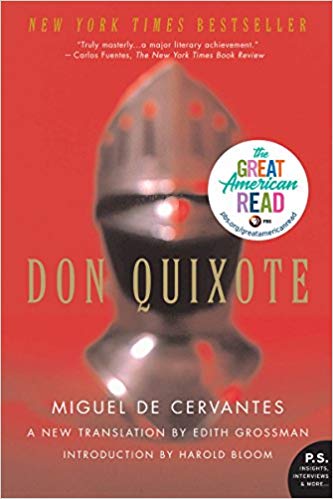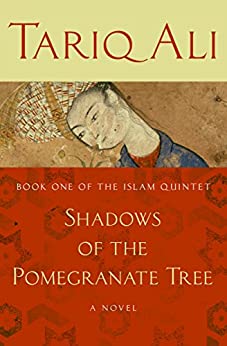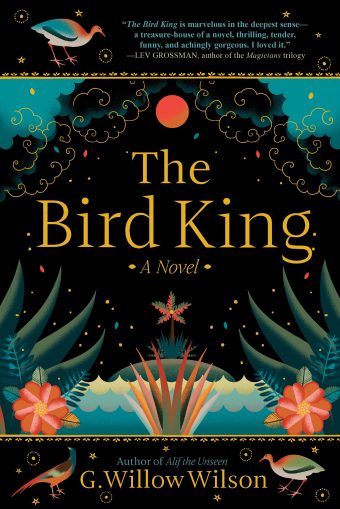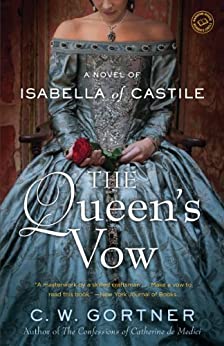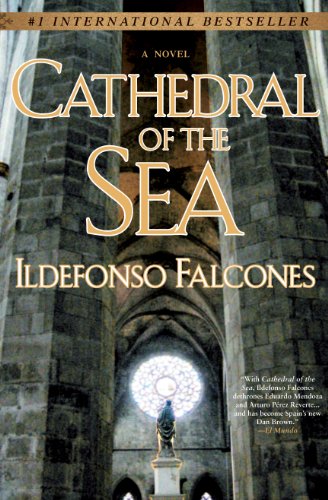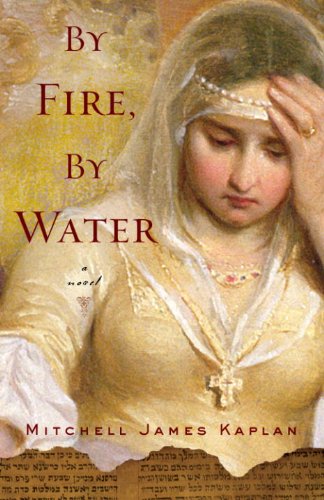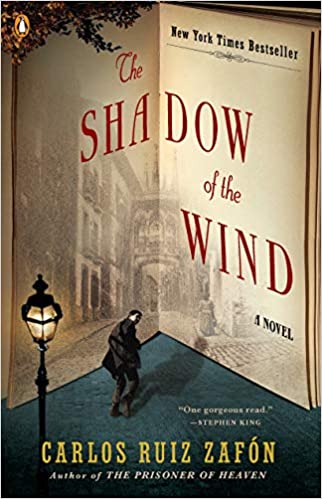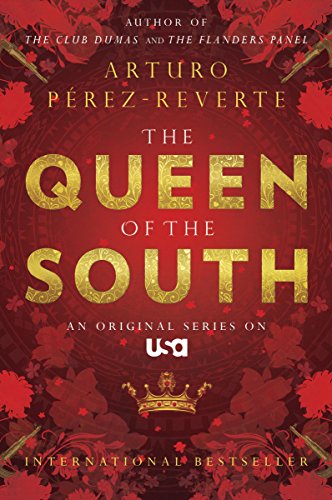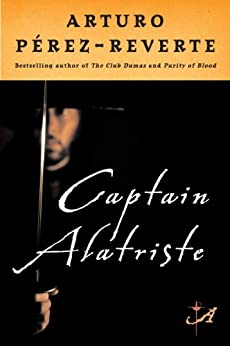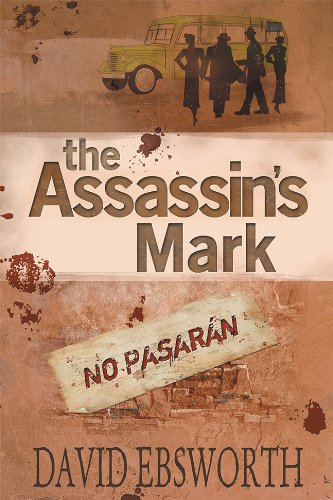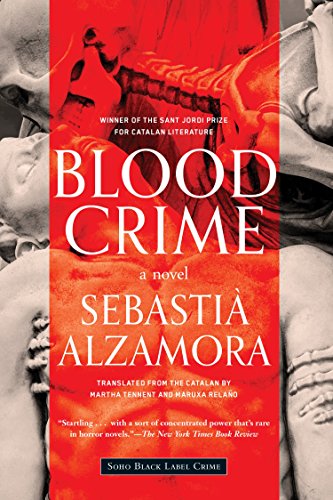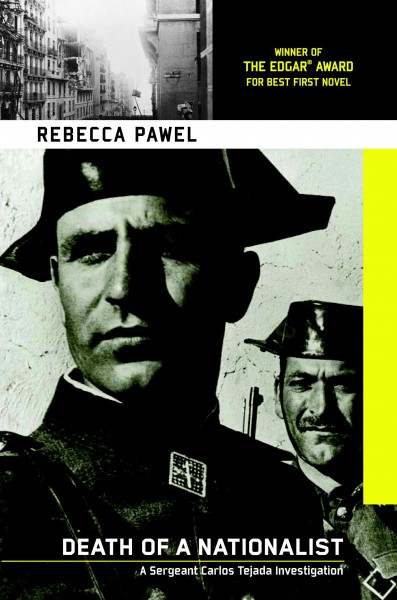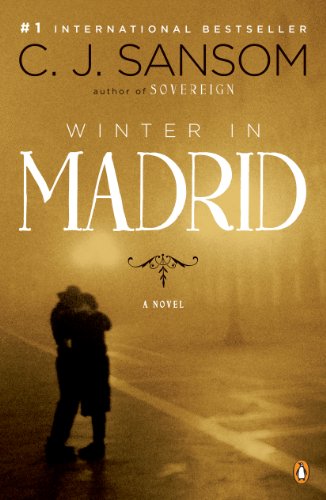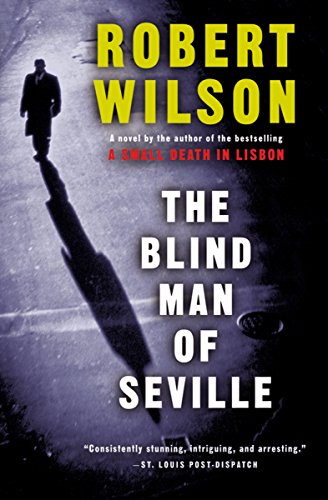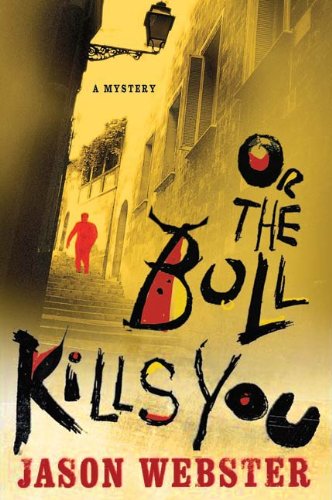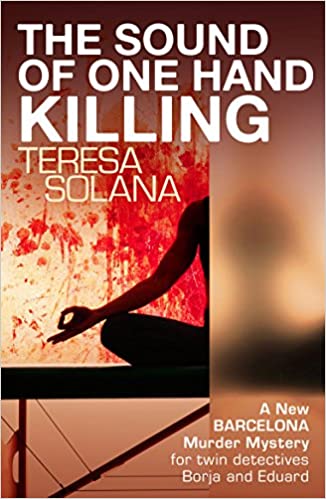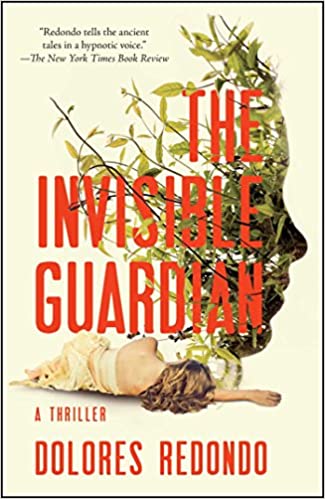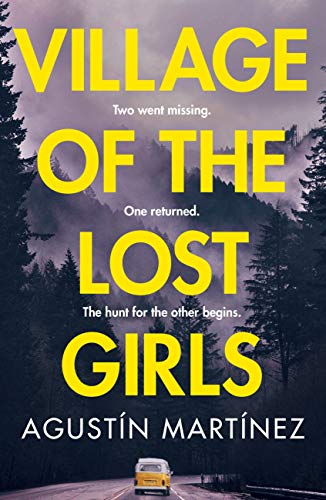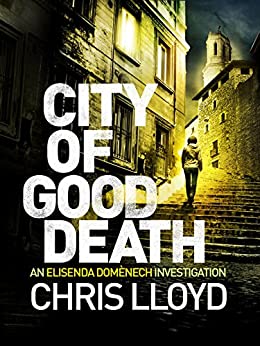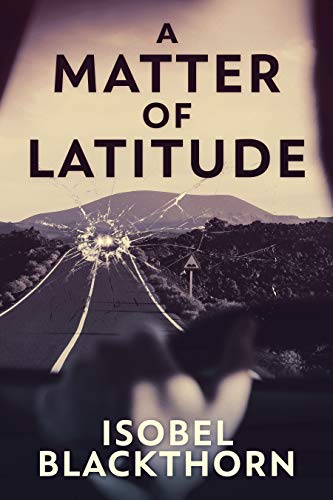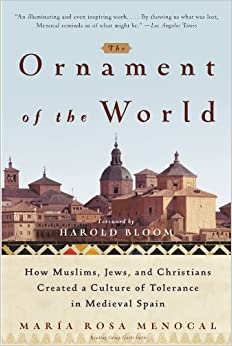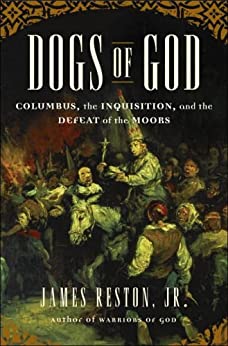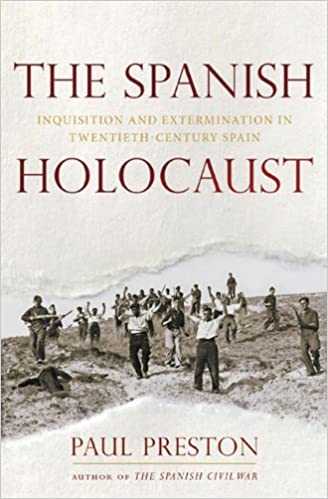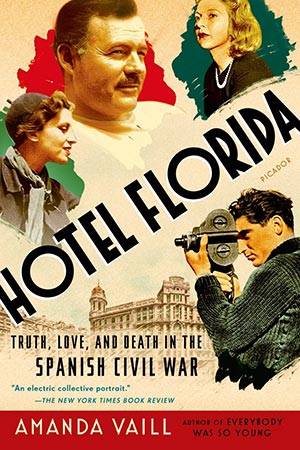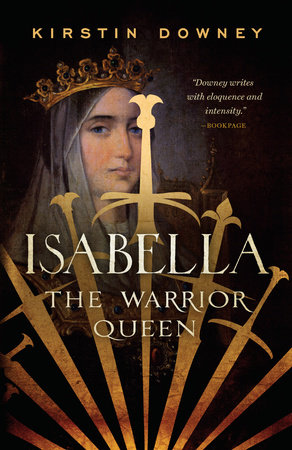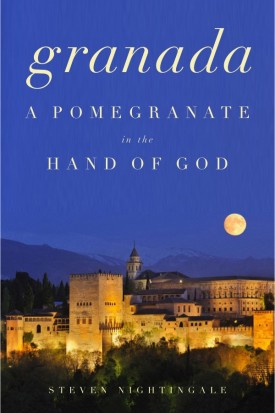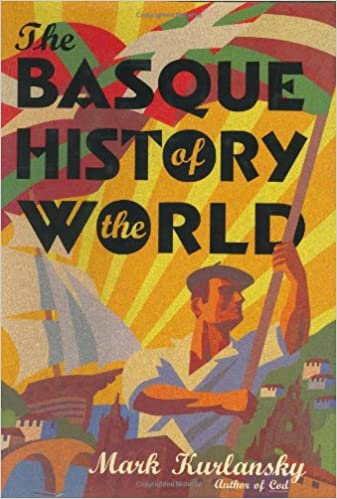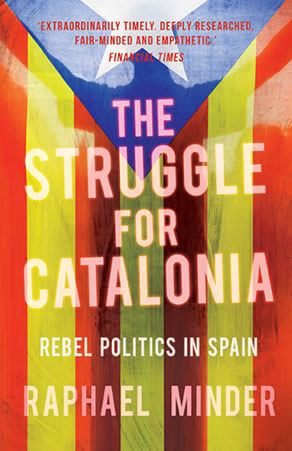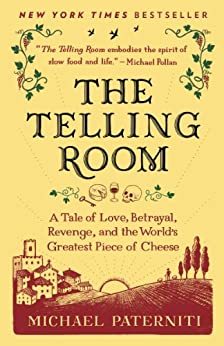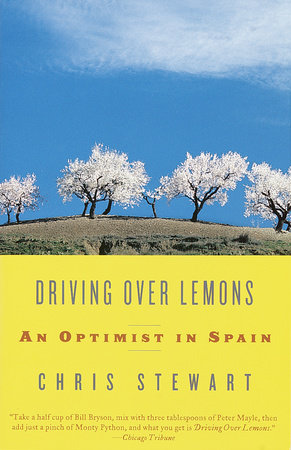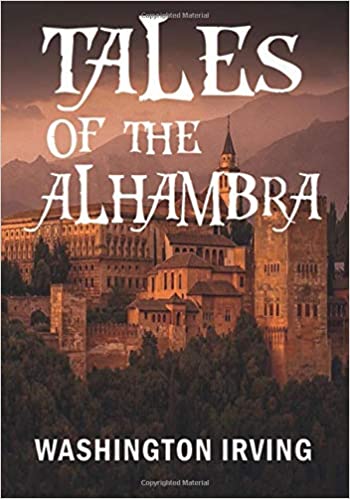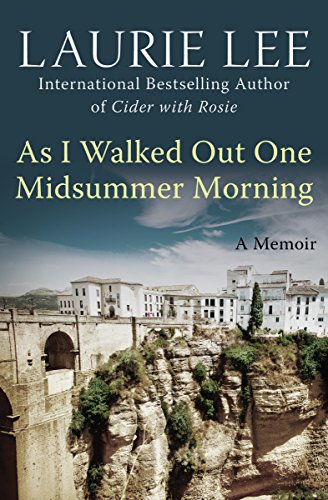Whether you are an armchair traveler or planning a visit, you can load up your TBR with these 50 best books about Spain.
I’m a big fan of Spain. I first traveled there in 1984 for a study abroad and have returned many times since. Spain has five distinct cultures, which might explain why there’s such a variety of books written about this sunny European country.
I’ve had no trouble finding lots of books set in Spain, and I’ve curated for you a list which reflects Spain’s fascinating history and varied cultures.
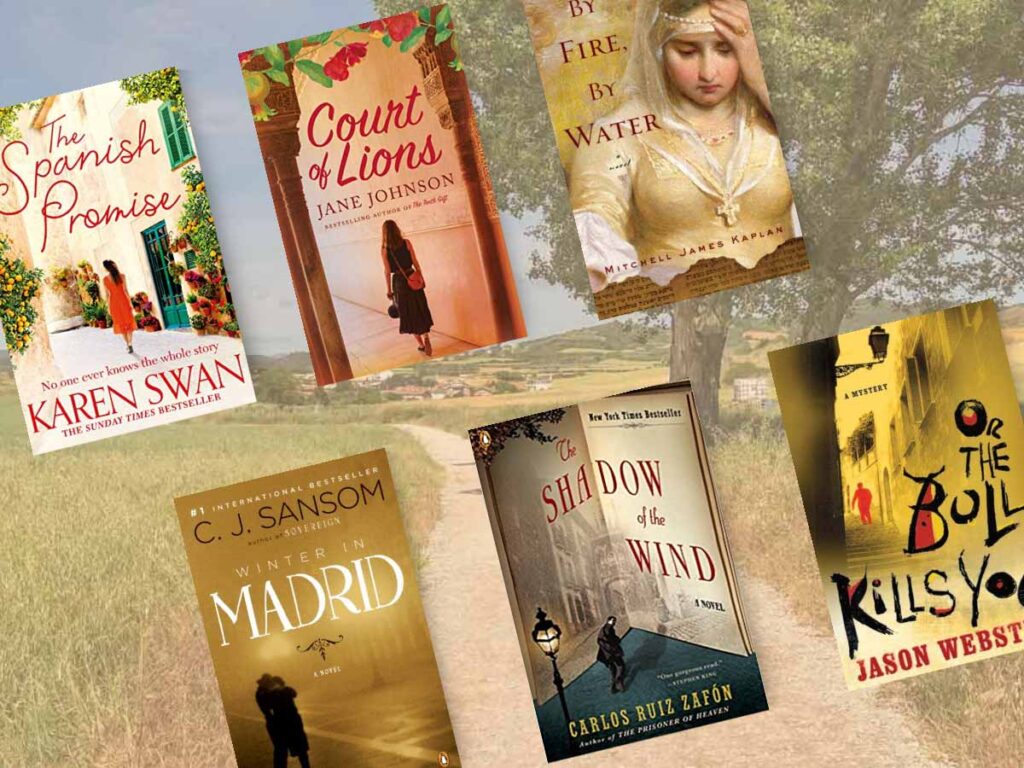
(This article contains affiliate links. This means that if you choose to purchase, I’ll make a small commission.)
There are 50 books recommended here. The list includes novels set in Spain, historical fiction, mysteries, memoirs and non-fiction. So, if you have a particular genre that you prefer, use the links below to skip down to that section. However, I encourage you to scroll through the full list, because you might find some surprising choices outside of your normal genres.
Novels Set in Spain
Historical Fiction About Spain
Spanish Mysteries & Thrillers
Non-fiction Books on Spain
Spanish Memoirs
Novels About Spain
The Sun Also Rises, Earnest Hemingway
“You can’t get away from yourself by moving from one place to another”, says Hemingway, but bon vivants Jake Barnes and Lady Brett Ashley aren’t listening. These expats move from Paris to Spain, bringing their boozy personal baggage along for the ride. Hemingway portrays this “lost generation” with love and empathy.
If you like The Sun Also Rises, then you can carry on with For Whom the Bell Tolls, which is also set in Spain, but during the civil war.
Guernica: A Novel, Dave Boling
You may know of Picasso’s Guernica painting, but not the incident that drove him to paint it. The Basque village was horrifically bombed in a senseless political act ordered by Franco and carried out by Nazi bombers. The story told here is about a simple people clinging to their traditional way of life during a very difficult time. There is a love story at the center of the action with a wide cast of characters that bring the Basque village to life.
Nada, Carmen Laforet
(Lauren Wilkinson and Edith Grossman, Translators)
This dark, powerful story takes place in the 1940’s after the civil war, and during Franco’s height of powers. Andrea is attending university in war-ravaged Barcelona. She’s tangled up with a family full of wretched and brutal aunts, uncles and hangers-on. She comes of age through an existential crisis and learns to develop a quiet dignity in response to the chaos around her.
This book’s “… clean and quiet style belies the complexity of the story and the chaos of its characters’ lives.”
The Snow Gypsy, Lindsay Jayne Ashford
At the close of World War II, London is in ruins and Rose Daniel isn’t at peace. Eight years ago, her brother disappeared while fighting alongside Gypsy (or Gitano) partisans in Spain. She seeks closure and begins to search for clues as to what happened to him.
Along the way, she meets Lola, a flamenco dancer, whose own family was decimated during the Spanish civil war. Rose and Lola end up going on an emotional journey together, forming strong bonds and helping each other heal the wounds that the war has left behind.
Berta Isla, Javier Marís
(Margaret Jull Cost, Translator)
Berta wants to marry Tomás Nevinson–the dashing half-Spanish, half-English boy in her class who has an extraordinary gift for languages. While studying at Oxford, he is approached by British Intelligence. He returns to Berta, but his choices put their subsequent marriage on tricky footing. Yes, this is a spy novel, but told through the eyes of the spy’s wife, so it’s also a marriage novel.
“Master of the slow burn, Javier Marías’s latest novel is as thoughtful as it is thought-provoking.”
The Wind from the East, Almudena Grandes
(Sonia Soto, Translator)
Both Sara and Juan have escaped from Madrid, ending up in a small coastal village. They each have a different story, but both were victimized by the ones that they loved. They form a family of sorts and help one another with redemption.
“Juan, Sara, Maribel and the others are buffeted by life but somehow survive and find calm in each other’s company, learning to cope with whatever the wind brings.”
The Drago Tree, Isobel Blackthorn
Ann Salter, a geologist, is in a fragile emotional state when she lands in Lanzarote. She’s in the Canaries attempting to come to terms with the end of a difficult marriage and troubling family relationships. What transpires is an environmental romance, with Lanzarote’s landscape as a primary character.
From the Shadows, Juan José Millás
(Thomas Bunstead and Daniel Hahn, translators)
This playful fable is about literal and figurative, physical and mental confinement. Damián finds himself trapped in a wardrobe and he gets delivered to a house. Because of his recent layoff and persistent loneliness, he decides to stay on, in secret. He performs smalls tasks while the family is gone for the day, hiding out at night. The story is told through a series of imaginary interviews that he holds with a fictional television personality.
“A daring and devious bit of sublimated class satire”, and perfect for fans of The Parasite.
Leaving the Atocha Station, Ben Lerner
Lerner has some serious chops and his most recent book, The Topeka School, has been lauded as a Pulitzer Prize finalist. In Atocha Station, a brilliant but unreliable young American poet is also suffused with tragi-comedy. Adam is in Madrid on a fellowship but he becomes disillusioned, thinking that his poetry is a failed endeavor. He feels like a poser, and he indulges himself with drug use and slacking off.
“Adam’s antics have the flavor of a Woody Allen movie, his hand-wringing about authenticity always accompanied by compulsive duplicity and self-sabotage”
The Hive, Camilo José Cela
(James Womack, Translater)
The middle class suffered mightily under the thumb of Franco’s post-civil war Spain. The Hive shows a series of interlocking vignettes, featuring over a hundred characters. These people are just trying to live their lives, but “…life under a dictatorship tends to reach a certain quixotic nature.”
This book was originally published in 1951 and was the cornerstone of Cela’s body of work, which earned him a Nobel in 1989.
Confessions, Jaume Cabré
(Mara Faye Lethem, Translator)
This book is ostensibly an autobiography by Adriá, a 60 year old with dementia. He wants to get it all down while his memory is still intact. And you do get his history, but the book goes further back in time. You learn how his life was influenced by events and people from many previous generations.
“…a story of a person who constantly reveals that he is nothing but a part of some other story or plot happening in other times, another country, another family.”
Alberto’s Lost Birthday, Diana Rosie
This tender and heartbreaking story features Alberto, an old man who grew up an orphan and isn’t even sure how old he is. Tito, his grandson is determined to help him find his birthday. The format switches between Tito and Alberto’s modern day quest to find Alberto’s lost birthday with flashbacks from the time when Alberto was orphaned during the civil war.
“So descriptive of rural Spain, I could taste the olives and smell the lemons.”
The Spanish Promise, Karen Swan
Charlotte is due to marry her (safe choice) fiancé, when she is called to Spain to help a wealthy heir sort out an inheritance matter. As she researches the issue, she’s soon drawn into the Mendoza family’s dark and secretive past, which include ties to the Spanish Civil War and the atrocities and bloodshed that filled those days.
The book’s themes cover life, loss, family, friendship, self-discovery, regret, deception, love, duty, honor, and the turmoil of the Spanish Civil War.
The Tale of Senyor Rodriguez, Lou Gilmond
This romp takes place in 1960’s Mallorca. Thomas Sebastian is a British con man on the run from his wife. He squats in an empty villa which most recently housed the dear departed Senyor Rodrigues. Sebastian slips easily into this new life…until things start getting out of hand.
“… this is sophisticated, literate fun that disguises itself as a romantic/caper beach read, and then takes the reader for a stroll along the cliff’s edge.”
Naked Men, Alicia Giménez Bartlet
(Andrea Rosenberg, Translator)
Irene’s husband left her for a younger woman and her business is on the verge of collapse. Javier just lost his job as a literature teacher and he gets sucked into a world of stripping and male prostitution. Irene and Javier strike up a troubling relationship, teetering between affection and need, domination and self-interest, money and sex.
Court of Lions, Jane Johnson
This book, set in Granada, has one foot in contemporary Spain and another in historical Spain. Kate Fordham is escaping a terrible trauma when she flees to Granada. While exploring the gardens of the Alhambra, she finds a mysterious slip of paper hidden in the walls. The mystery of the writings suck her back in time to 15th Century Granada and the story of Blessings, the heir apparent to the Sultan. Both stories share themes of love and betrayal.
“… a historical love letter to the city of Granada.”
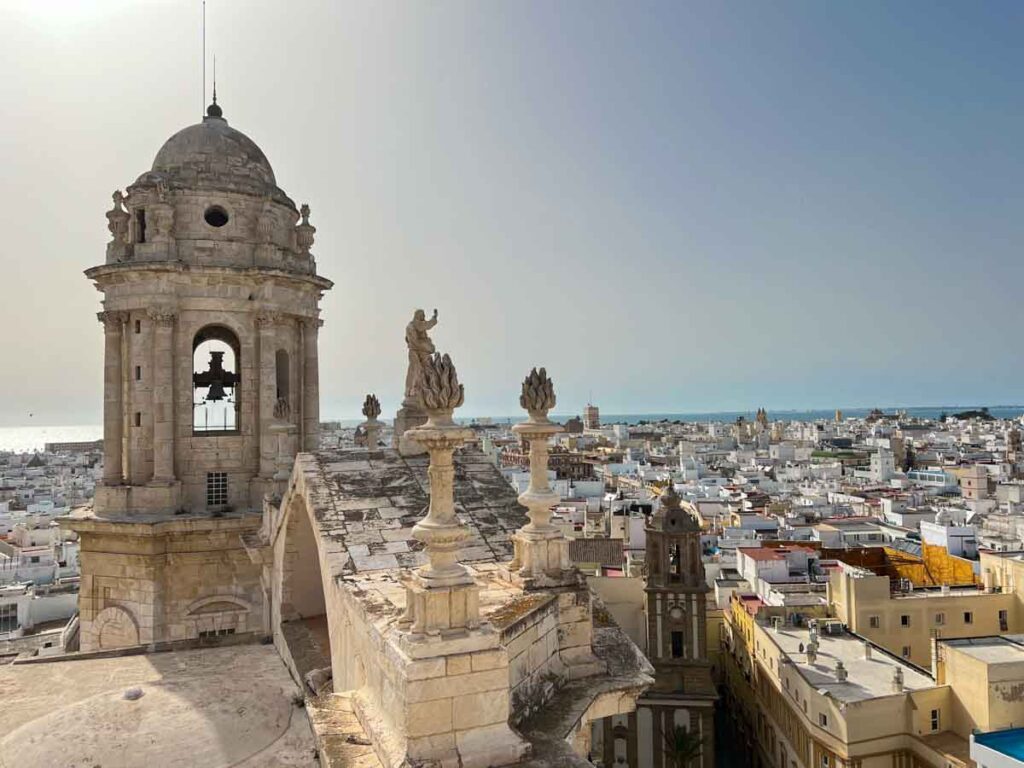
Historical Fiction Books Set in Spain
For the purpose of this list, stories based in the 20th or 21st Centuries are in the list of contemporary Spanish novels above. The following historical fiction set in Spain tackles previous centuries, with 15th Century Inquisition stories and dramas at court featuring heavily.
Don Quixote, Miguel de Cervantes
(Edith Grossman, Translator)
Don Quixote is the original fiction book set in Spain, and I mean that quite literally. When Cervantes published it in 1605, plays and poetry were far more popular literary forms. But Cervantes’ quirky Quixote became the world’s first best seller. Sure, it’s literary canon, but it’s also a road trip, a buddy comedy and a delusional romp.
Shadows of the Pomegranate Tree, Tariq Ali
In the late 15th Century, Queen Isabella and King Ferdinand had regained power. And while they’ve signed treaties with the Muslim leaders in Andalucia, the Queen and parts of the Catholic Church have secret plans.
This story follows the fall of Granada and what happens to a powerful Moorish family during the early days of the Inquisition.
If you like this first book, you can read four more in her Islam Quintet series. The other books aren’t set in Spain, but they offer interesting historical insight into the Muslim experience in Jerusalem, the Ottoman Empire, Norman Sicily and Pakistan.
The Bird King, G. Willow Wilson
The Bird King is also set in Granada, right as the last Sultan on the Iberian peninsula is about to get trounced by Isabel and Ferdinand’s armies. Fatima is the Sultan’s last remaining concubine and her friend Hassan is the palace mapmaker.
But Hassan doesn’t make ordinary maps. He can bend reality and make maps of places he has never seen (or that may not even exist). Using the maps, Hassan and Fatima escape the palace, seeking freedom and a safe place to land. Their love and determination play out where the fields of war are imbued with a strong dose of magical realism.
I listened to the audio version of this book while I was on a slow stroll along the Camino de Santiago in northern Spain. They were on a mission and so was I, which made us perfect companions.
The Queen’s Vow, C.W. Gortner
But wait…we aren’t finished with Queen Isabella yet. In this book, we find her as a teenager, sent to live as a captive with her half-brother King Enrique. There, Isabella is thrust into danger when she becomes an unwitting pawn in a plot to dethrone Enrique. Suspected of treason and held captive, she treads a perilous path, torn between loyalties, until at age seventeen she suddenly finds herself heiress of Castile.
Cathedral of the Sea, Ildefonso Falcones
(Nick Caistor, Translator)
Although this is Spanish historical fiction, the story closely follows actual events that took place during King Pedro’s rein in 1300’s Catalonia. There is a Ken Follet-like plot structure as the story follows the construction of the Santa Maria de la Mar cathedral. You get stories of people who were involved with, and impacted by its construction.
“A story of treachery, battle, destitution, sickness, death, love, betrayal, hardship, all life circumstances in an era filled with mystery and intrigue.”
By Fire, by Water, Mitchell James Kaplan
It’s the 1400’s and Spain is in the throes of the Inquisition. Luis de Santángel, chancellor to King Ferdinand, is appalled by the brutality of the Inquisition and when a dear friend is killed, he seeks retribution. He experiences a crisis of faith and begins to reconnect with a Jewish faith that his family had left behind.
“He had fought his entire life for acceptance and dignity in a society where neither was his birthright. To abandon that struggle, to walk away from his achievements, would be to hand a victory to those who wished to deny his humanity.” – Kaplan
Spanish Mysteries and Thrillers
Spain is one of the safest cities in the world to visit. But reading these books set in Spain, you’d never know it, what with the murder, mayhem, spying, disappearances, dark forces and The Devil. Here are some fun reads that show the darker side of Spain.
The Shadow of the Wind, Carlos Ruiz Zafón
In the same way that Gabriel García Márquez’ Love in the Time of Cholera, is the standard bearer for books about Colombia, Zafón’s Shadow of the Wind holds the torch for books about Spain. Each are of full of mysterious lives, illuminated by beams of magical realism.
In this first of the Cemetery of Forgotten books series, Daniel, an antiquarian bookseller’s son seeks solace in a mysterious book written by Julian Carax. When he tries to find more books by the author, Daniel stumbles into a mystery. The book is partly about the slow acceptance of loss and seeking happiness. But it’s also a love letter to reading, which is what caused me to fall in love with it when I first read it in 2005.
The Queen of the South, Arturo Pérez-Reverte
My default position is that the book is always better than the movie, so even if you have heard of USA Network’s version of The Queen of the South, you should check out the book.
When Teresa Mendosa’s narco boyfriend gets caught double dealing, she flees to Spain with nothing but a gym bag and a secret notebook. She gets involved with a Galician hashish trafficker and as she gets deeper and deeper into the business, you see her change from a scared sideliner to a tough-as-nails headliner.
Captain Alatriste (Adventures of Captain Alatriste #1), Arturo Pérez-Reverte
If you like swashbuckling yarns with damsels in distress and reluctant heros, then this series is for you. It’s 1618 and things aren’t going well for Spain. The Armada is in a shambles and the country is mired in a war with Flanders (that’s Belgium for you 21st Century citizens).
Captain Alatriste is a wounded, retired soldier who’s scraping together a living as a sword-for-hire. He’s been paid to scare off some travelers from Madrid, but of course, nothing is as it seems.
This book is a great page-turning weekend romp and if you like it, there are four more in the series.
The Assassin’s Mark, David Ebsworth
It’s 1938 and Franco is so confident that he’ll win the civil war, that he’s opened up the north coast for “battlefield tourism”. A group of mainly British tourists, each with their own agenda, drive the politically charged plot as they spend their holiday touring the northern battlefields. Jack Telford, a left-wing reporter, finds himself on the tour when a tragic death occurs in the group.
“…there are noticeable shades of Agatha Christie, and even generous helpings of Graeme Green…”
Blood Crime, Sabastiá Alzamora
(Martha Tennent, Translator)
It’s 1936 and Barcelona is burning. In this hybrid of murder mystery and gothic horror, dark social forces are afflicting Barcelona. The story follows a police inspector on a quest for justice to find out who killed a Marist monk and a young boy. In an odd twist, the story is narrated by a disinterested bystander…who also happens to be a vampire.
Death of a Nationalist, Rebecca Pawel
The Guardia Civil has just begun to restore order in Madrid after the end of Spain’s devastating civil war. Sergeant Tejada finds himself investigating the murder of his best friend and he wonders if partisan politics were at work. Tajada is neither a good Fascist, nor even an exceptional detective, but he is a sympathetic character and the book presents a nuanced look at a difficult time.
Winter in Madrid, C.J. Sansom
The setting is Madrid in 1940. The city is in ruins after the civil war and Franco is dithering about whether or not to enter WWII. Harry Brett is a reluctant spy for the British Secret Service tasked with gaining the confidence of an old school friend and dodgy Madrid businessman.
Madrid’s pain is a major character in the book and the story is as moody as its cover jacket implies.
The Blind Man of Seville (Javier Falcón #1) , Robert Wilson
Inspector Javier Falcón find himself investigating a particularly disturbing murder. The dead man was found bound and gagged in front of his television. Some of the evidence leads to Falcón’s own father. He conducts a double investigation, into both the murder, and into his father’s past, which holds the key to the brutal slaying.
“… a rich, complex and intricately woven tale that brings the best of historical fiction, thriller and detective fiction together.”
This book is part of a series, so if you like it, you’ve got three more coming.
Or the Bull Kills You, Jason Webster
Chief Inspector Max Cámara is none too excited when he is asked to preside over a bullfight, but he becomes intrigued with the young bullfighter. When that bullfighter is later found murdered in the ring, the police force is reluctant to investigate the crime and it gets assigned to Cámara. In addition to dealing with the question of whodunnit, the book looks at changing attitudes toward bullfighting in Spain.
If you like this one, then there are four more in a series that peels back the dark underbelly of Spain.
The Sound of One Hand Killing (Borja and Eduard #3), Teresa Solana
(Peter Bush, Translator)
Borja and Eduard are detectives and brothers who are always finding themselves caught up in some sort of outlandish investigation or another. This time, they are hired by an author to research so-called alternative therapies for a book that she’s writing. When they arrive at the Zen center, they find the director murdered and international intrigue ensues.
These two detectives are “… likable rogues and despite their many flaws you can’t help but root for them.”
The Invisible Guardian (Baztan Trilogy #1), Dolores Redondo
When a teenaged girl is found naked and murdered on a riverbank in the Basque region, Police Inspector Amia Salazar is assigned the case. Investigating it forces her to reluctantly return to her hometown in the small, insular community of Elizando. There is a lot of superstition and lore afoot there and Salazar has to navigate the traditional culture to get to the root of the crime.
If you like the first, there are two other books in the series.
Village of Lost Girls, Agustín Martínez
Five years after their disappearance, the village of Monteperdido still mourns the loss of Ana and Lucia, two eleven-year-old friends who left school one afternoon and were never seen again.
But then Ana mysteriously reappears at the scene of a car accident and the case is re-opened.
This is a chilling, multilayered and intense mystery set in the menacing icy and snowy mountainous peaks of the Spanish Pyrenees.
City of Good Death (Catalan Crime Thrillers #1), Chris Lloyd
A killer is targeting crime heads and thugs in the Catalan city of Girona. Elisenda Domènech, head of the newly formed Serious Crimes Unit, is tasked with investigating. She faces a strong moral dilemma to investigate the murders of these despised people, but there’s is a lot of opposition to the investigation.
In addition to plot twists and turns, the book also offers “. ..a guide to the Catalan city of Girona, its history and mythology, all of which is so vividly described that you could almost be there.”
If you like this one, there are two others in the series.
A Matter of Latitude (Canary Islands Mysteries #1), Isobel Blackthorn
This book is the first in a series of three loosely related thriller mysteries set in the Canary islands. In the first, anti-corruption activist Celestino is t-boned on a lonely stretch of road in Lanzarote. Fearing for his life, he hides out while his wife Paula desperately tries to locate him. The book has a steady pace with plenty of psychological drama to keep the pages turning.
Non-Fiction Books About Spain
Ornament of the World: How Muslims, Jews, and Christians Created a Culture of Tolerance in Medieval Spain, Maria Rosa Menocal
Medieval Spain managed a remarkable period of tolerance between three religions who are certainly at odds in modern times. This book doesn’t explore day-to-day life. Rather, it looks at the development of a cooperative culture that allowed language, literature, philosophy, the arts and sciences to flourish in Andalucia.
“… a recounting of precious cultural gems from a fascinating period of history.”
Dogs of God: Colombus, the Inquisition and the Defeat of the Moors, James Reston Jr.
So much for all of that kumbaya religious tolerance going on during Menocol’s Ornament of the World.
Western civilization experienced a seismic event in 1492, which was triggered by Ferdinand and Isabella’s political ambition. Their efforts set off a colonial expansion, fueled a war with the Moors and provided fertile ground for religious excess. Renaissance and discovery happened alongside the Inquisition and the expulsion of Jews from Spain.
“It draws incredible connections, and lays the groundwork for a whole new understanding of those pivotal years…”
Kingdoms of Faith: A New History of Islamic Spain, Brian A. Catlos
Catlos book rewrites the history of Islamic Spain from the ground up. Many histories of Spain paint the Islamic period as either an example of the inevitability of Islam clashing again with Christiandom…or as an example of Muslim, Jews, and Christians living together in a prosperous harmony.
Catlos pokes at these narratives and offers commentary on how both have elements of truth, but how each is flawed.
The Spanish Holocaust: Inquisition and Extermination Twentieth Century Spain, Paul Preston
Preston isn’t pulling any punches in this examination of the atrocities committed during and after Spain’s civil war. While plenty of killing occurred on both sides, this book spends a lot of ink exploring Franco’s reign of terror.
“…a well needed exercise not to ever forget the atrocities planned and carried out by a confederacy of landowners, churchmen and military men who destroyed a country…”
Hotel Florida: Truth, Love, and Death in the Spanish Civil War, Amanda Vaill
Vaill’s take on the civil war centers on Hemingway and his constellation of acquaintances. He’s frustrated by a stalled career and marriage. Martha Gellhorn is hungry for his love and she seeks journalism experience. Robert Capa and Gerda Taro are photojournalists. Arturo Barea, is chief of the Spanish Press office, and he and his Austrian Deputy Ilsa Kulcsar struggle with loyalty.
It sounds like a spy novel, but Vaill sourced letters and diaries to create a group biography of these journalists during wartime.
“It is very dangerous to write the truth in war, and the truth is very dangerous to come by.” – Hemingway
Isabella: The Warrior Queen, Kirsten Downey
Queen Isabella is a truly important figure in history but her husband Ferdinand tends to get more ink. This book on Spanish history corrects the oversight with a fascinating look into the live and influence of Queen Isabella. She was considered Europe’s first Great Queen and she didn’t shy away from going to war and colonizing the world. She also triggered the Spanish Inquisition.
Downey’s book brings Isabella to life in all of her great (and terrible) glory.
Granada: A Pomegranate in the Hand of God, Steve Nightingale
Nightingale was looking for a change when he and his family moved to Granada in 2002. What he found was a city that lives in both the past and the present simultaneously. The book takes a tour through Granada’s complicated religious and cultural history but also includes insights into the modern city.
“…a life with children and safety, with flowers and common pleasures, good company, poetry, and trust, with time to talk and study, to work and to love. I do not know what any more of us can ask.” — Nightingale
Basque History of the World, Mark Kurlansky
On my most recent Camino pilgrimage, I met the Basque owner of a small grocery in Zubiri. He brushed aside my attempts to speak with him in Spanish because, he said that if I couldn’t converse with him in the Basque language, he’d rather do English. After this brusque and off-putting start, he then proceeded to show me his heart surgery scar, shoot me a mischievous smile, and fix me the the best salad I have ever eaten in Spain.
This whiplash between warm and taciturn, distrustful and hospitable, is what Kurlansky’s book is all about. He explores how the Basque are a nation without a country and shares his insights with a strong eye for detail about the rich Basque culture.
We also recommend Kurlansky’s exploration of Cuban culture on our list of books set in Cuba.
The Struggle for Catalonia: Rebel Politics in Spain, Raphael Minder
Like the Basque region, Catalonia also has its own culture, language and separatist leanings. The issue percolated for many years and really started gaining steam around 2014. In this book, Minder takes on the topic of Catalonian separatism from a journalistic point of view.
His well-researched book explores the history, culture, language, and politics of Catalonia, using anecdotes and stories to highlight the Catalonian identity and its independence movement.
Spanish Memoirs
The Telling Room, Michael Paterniti
Because of course you go on a quest to the middle of nowhere in Castilian Spain in order to track down a special kind of cheese.
When Paterniti goes to the village of Guzman to meet the maker of the rare (and expensive) Paramo de Guzman he finds more than a wedge of cheese. His quest uncovers a Shakespearean story of betrayal, passion, vengeance, all centered around Ambrosio, the cheesemaker.
Driving Over Lemons: An Optimist in Spain, Chris Stewart
Because of course you buy a remote sheep farm in Soutern Spain which is lacking water, electricity or even a road.
Like Mayle from A Year in Provence, Stewart and his wife dig in to create a pastoral expat live for themselves. “… He is funny, clever and talented and who knew he could shear sheep.”
Tales of the Alhambra, Washington Irving
In the spring of 1828, Washington Irving traveled from Sevilla to Granada. Along the way, he fell under the enchanting influence of the Alhambra. He lived there for several months, and the resulting book is a mix of travelogue and mythical tales about the Alhambra’s history.
“Let others repine at the lack of turnpike roads and sumptuous hotels, and all the elaborate comforts of a country cultivated and civilized into tameness and commonplace; but give me the rude mountain scramble; the roving, haphazard, wayfaring; the half wild, yet frank and hospitable manners, which impart such a true game flavor to dear old romantic Spain!” –Irving
As I Walked Out One Midsummer Morning, Laurie Lee
Lee wanted to go on a major walkabout in 1934. And since he knew precisely one phrase in Spanish, he chose Spain, spending two years on the road there. 1934 was a brief period of peace in Spain, but the civil war was beginning to rumble. Lee has adventures, hangs out with poets, chats up the locals and sleeps under the stars in a Spain that is poised for major change.
“Lee’s language is both lyrical and poetic, providing a rich evocation of time and place.”
Get Inspired to Visit Spain
If these books on Spain have inspired you to plan a trip, I’ve got you covered. Start with this list of the best travel books for Spain. It not only includes traditional travel guides, but it also has artsy city guides, fun books for kids, travel memoirs and links to blog itineraries and resources.
If you are interested in learning about or hiking the Camino de Santiago, then start with this list of fiction and non-fiction Camino books.
And finally, if you are planning to visit Madrid (and you should!), then here’s an offbeat itinerary for Madrid.
Do More Literary Travel
Do some armchair travel with more of our book lists set around the world. Try these books set in Iceland, Australia, Paris, Cuba, Sri Lanka, Scotland, Colombia, and Jordan. And we have a whole series for the Emerald Isle: Irish mysteries and thrillers, fiction set in the Republic of Ireland, and fiction set in Northern Ireland.
Have a listen on Audible. Try audio books for free for 30 days.
Share these books about Spain with your friends:
